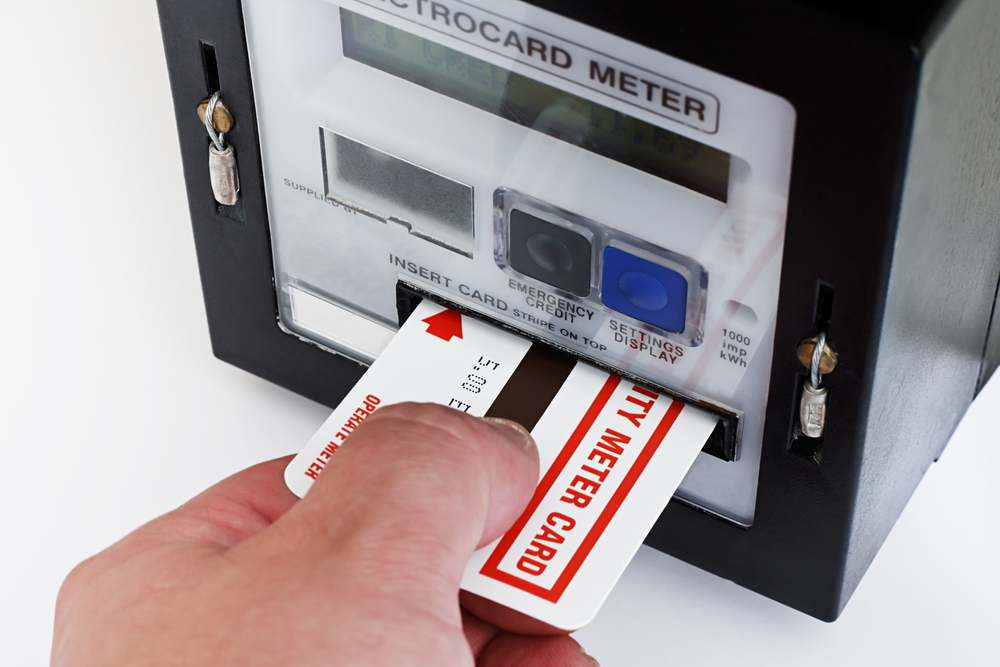Household Bills
Age UK urges prepayment meter installation ‘amnesty’

Charity Age UK has called for a prepayment meter ‘amnesty’ where households with a meter are given the opportunity to have it uninstalled for free, while new installations should be banned.
There has been a notable increase in the number of households with prepayment meters of late, with energy suppliers coming under fire for potentially being too quick to shift customers onto them.
Age UK noted that households on prepayment meter generally pay more for their energy, and are at greater risk of running out of gas or electricity, whether through a lack of money or simply difficulty accessing their meter or a top-up point. Age UK emphasised that these risks are heightened for older people due to the fixed incomes they rely on.
The charity’s research found that around a quarter of households on prepayment meters house older people, working out at around half a million properties. Of these, around 530,000 are living in poverty or receiving some sort of income-related benefits.
Age UK: Ban forced installation of prepay meters
Age UK said that alongside the amnesty, Ofgem ‒ the energy regulator ‒ should ban the forced installation of prepayment meters in all circumstances, arguing that they effectively lead to “disconnection by the back door”. Similar calls have been made by MPs recently.
The charity said it had been contacted by a host of vulnerable older people who were sitting in the cold and dark as they could not afford to keep their energy switched on.
Caroline Abrahams, charity director at Age UK, said that the “disgusting practice” of forcing households onto meter was only on hold, and Ofgem should move quickly to ban it outright so that no older households would be “subjected to such demeaning and frightening treatment again”.
She added that there were other issues around prepayment meters including the fact that the higher energy costs are borne by those on low incomes, who are worst placed to deal with price hikes.
She continued: “The official policy of not disconnecting older people is in place because of the acknowledged health risks to them of becoming very cold, but you can see that if you are an older person with a prepayment meter, the extra protection that’s supposed to be there for you doesn’t really exist.”
“A regular meter would provide older people with greater protection from the risk of becoming dangerously cold by allowing the ‘no winter disconnection’ policy to be properly fulfilled, and it would usually save them much-needed money too, since their energy would typically cost them less this way.”
The problems with prepayment meters
Prepayment meters have been a source of growing concern and consternation, with footage of firms employed by British Gas forcing vulnerable households to have the meters installed. This led to Ofgem implementing a six-week ban on installations, while it clarifies the rules around when they can be installed.
There have also been calls for victims of forced installations to be compensated.
The growth in prepayment meters has been put down to the energy crisis, with many households struggling to pay their bills. In these circumstances, energy suppliers may be able to move those customers onto prepayment meters, effectively forcing the customer to pay for the energy before they can use it.
While the unit costs of energy are higher on prepayment meters, they also create budgeting issues. The amount you will need to put on your meter will vary sharply throughout the year ‒ you’ll be spending more in cash terms during the winter, when heating usage is highest, for example, and less during the summer.
This can make it harder to keep on top of household budgets, compared with tariffs where you pay the same amount each month by direct debit, which is calculated as your average spend for a month.
A further issue with prepayment meters has been the difficulty in providing support to households with them during the winter. Those on regular energy tariffs have received £400 in discounts, stretching across bills from October to April, applied directly to their energy bills.
However, this isn’t possible with some prepayment meters, meaning that households have been sent vouchers instead. Unfortunately, figures show that around a quarter of these vouchers have not been redeemed.